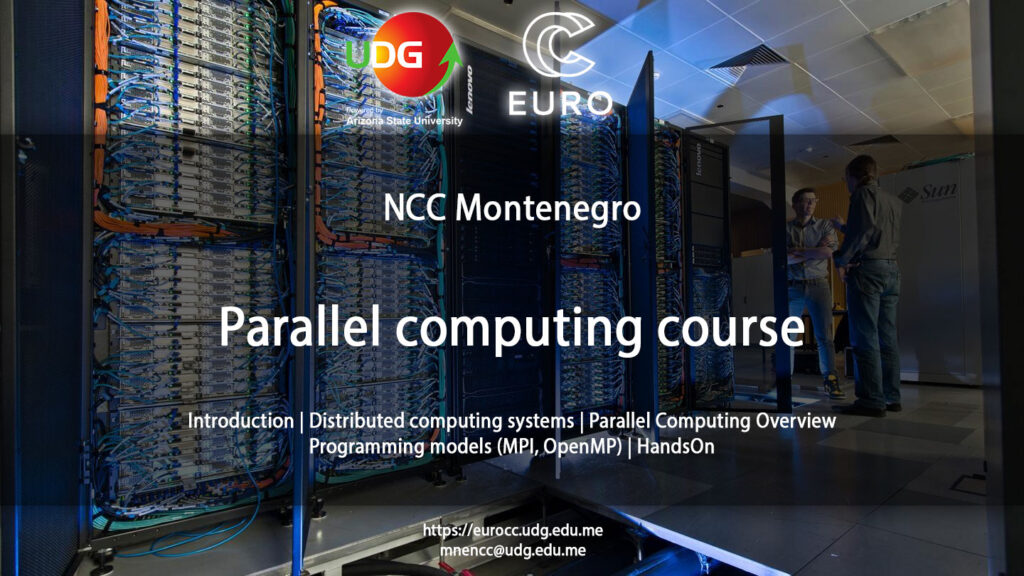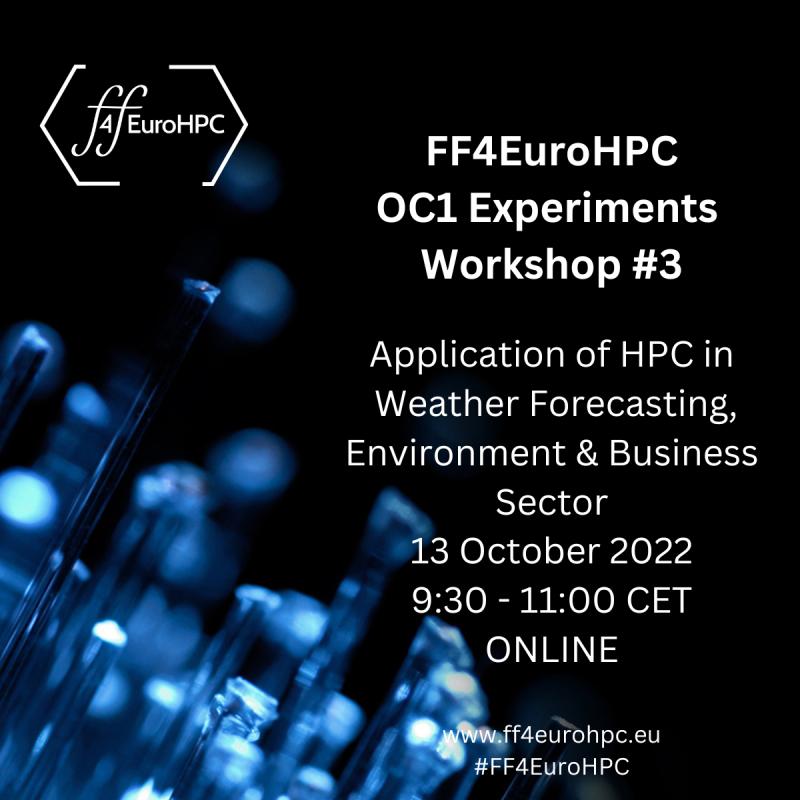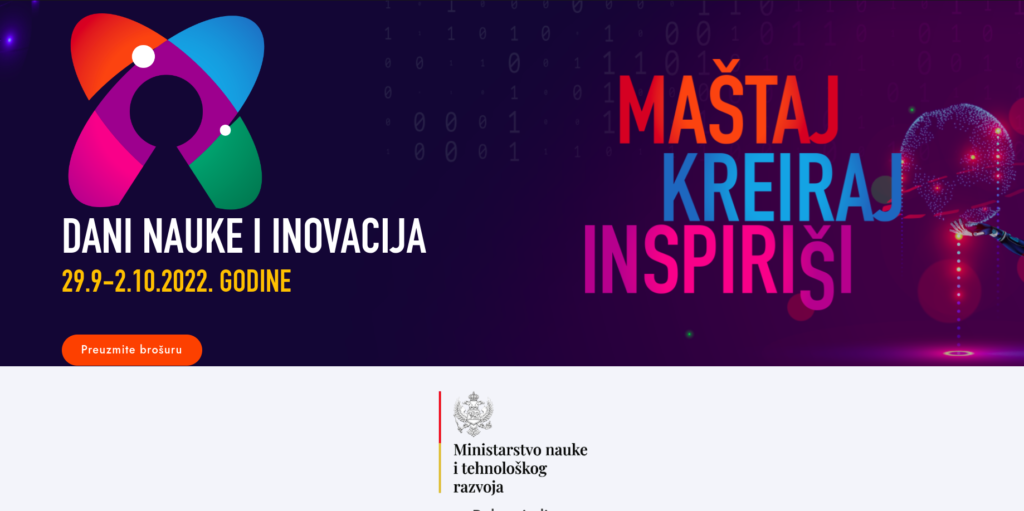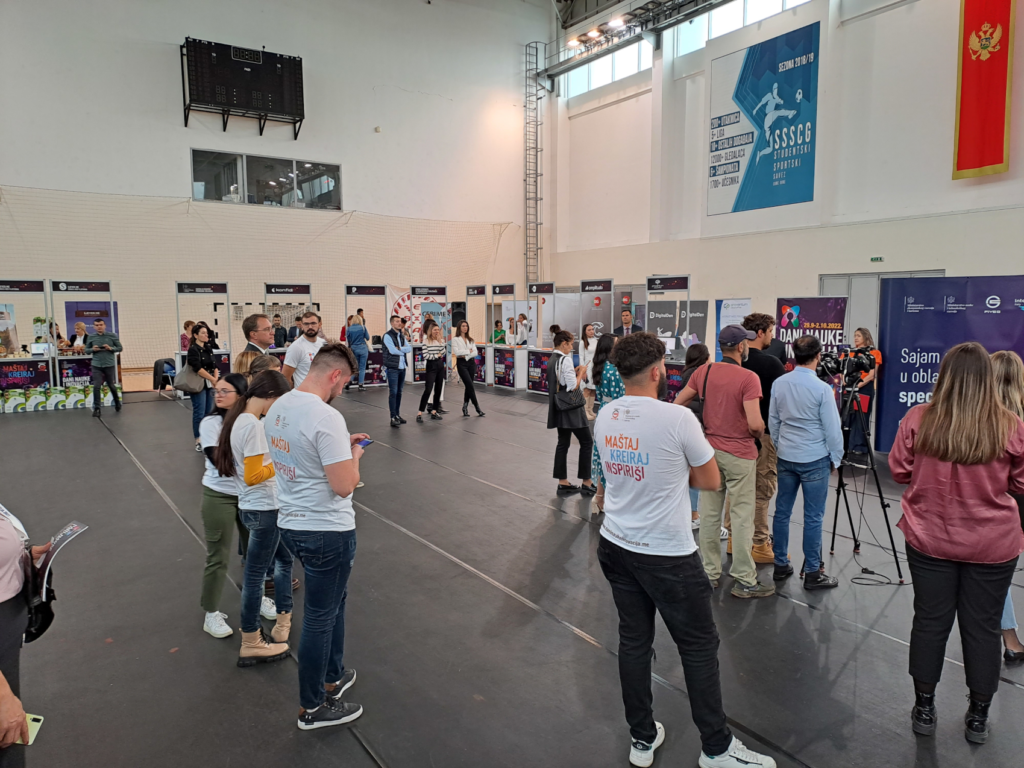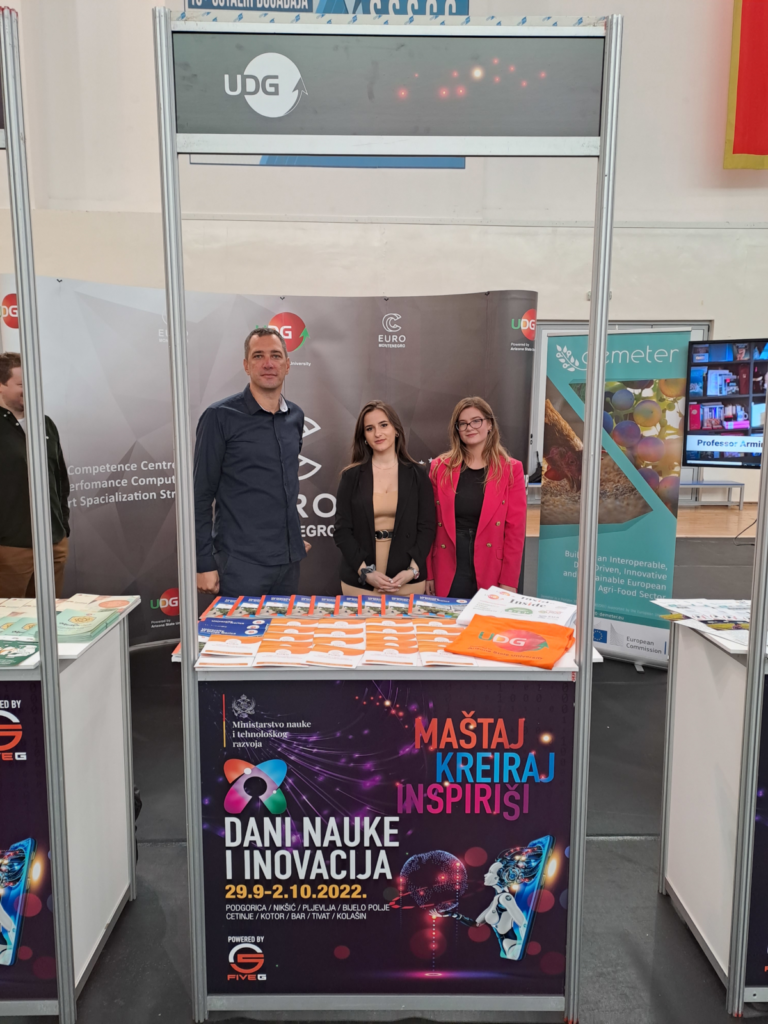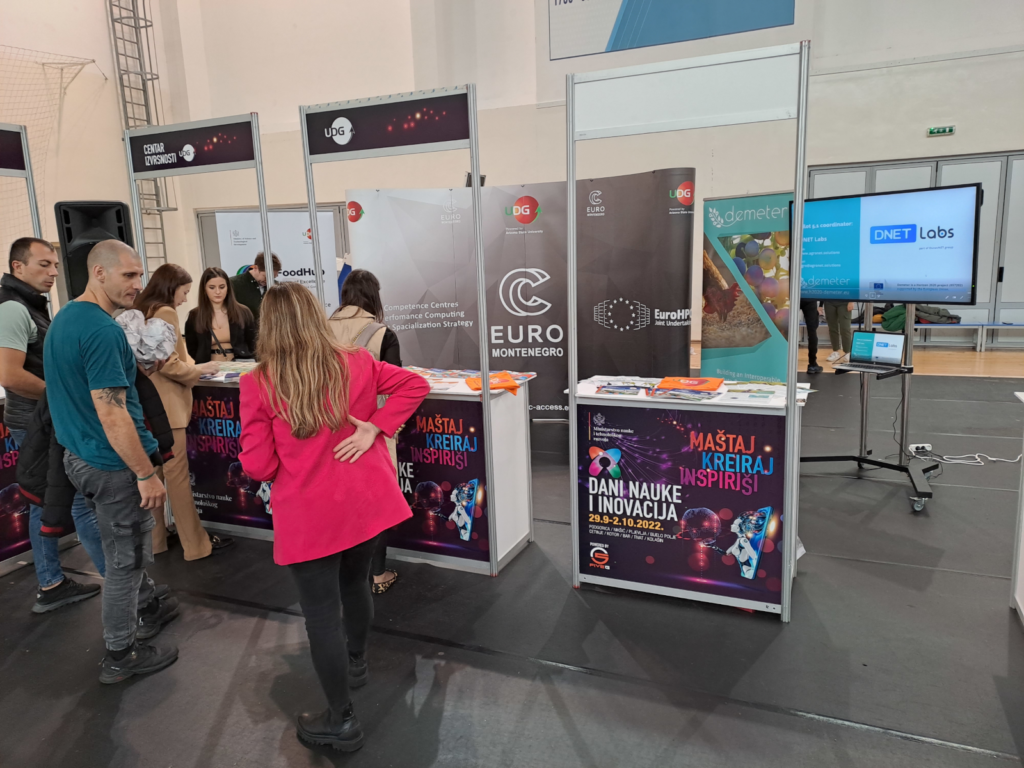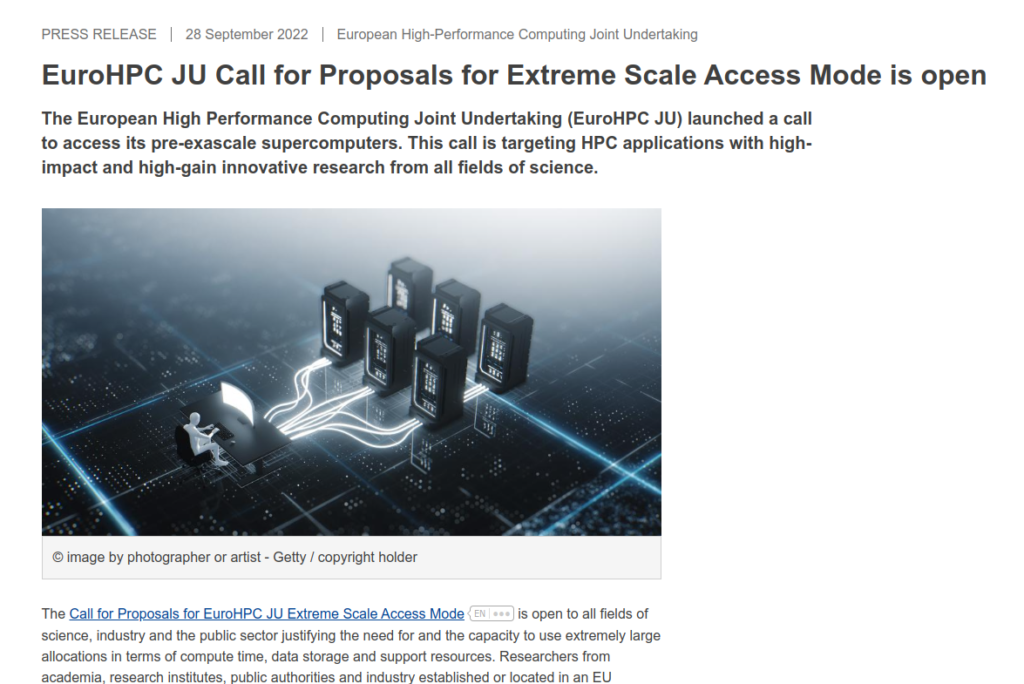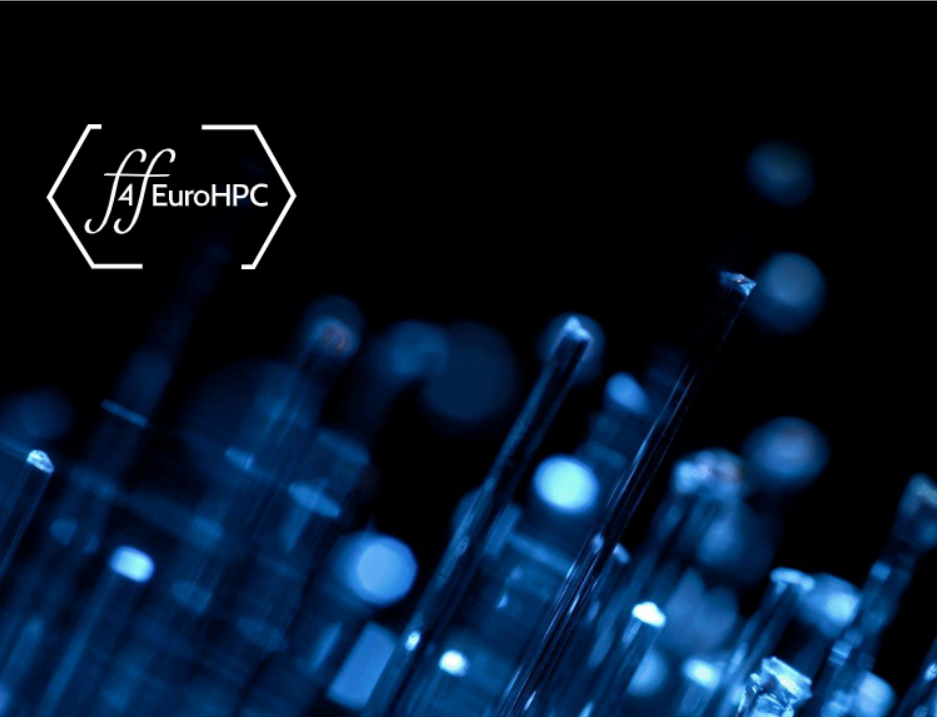University of Donja Gorica and NCC Montenegro are organizing parallel computing course. Parallel computing is essential for solving numerical problems that are too hard for sequential programs. During this course, distributed and parallel computing will be introduced to the students and industry partners, as well as performance indicators of parallel programs. In the second part of training, students will be familiarized to the fundamentals of parallel programming with multicore HPCs using shared memory and distributed memory architecture with OpenMP and MPI. After adoption of parallel programming essentials, lectures will cover all steps of decomposition of serial program and their transformation into parallel; recognize parallelization and communication potential problems.
The expected duration of the course is 5 weeks, 90 minutes per week in the afternoon hours
Course start : 9.11.2022, 17.30,
Location : University of Donja Gorica, A3 amphitheatre (3rd floor).
- Course plan : download
- Regristration: https://forms.gle/Swpq9KKr4qZhcokm8 , deadline for registration 08.11.2022.
- More info : mnencc@udg.edu.me
